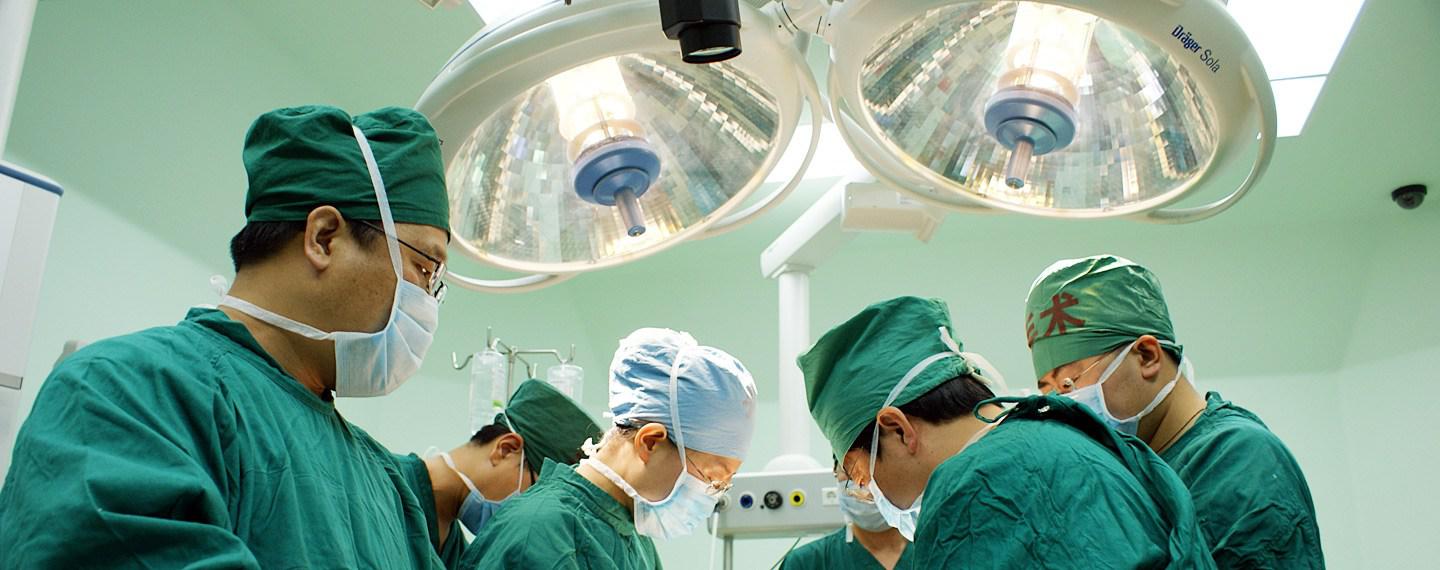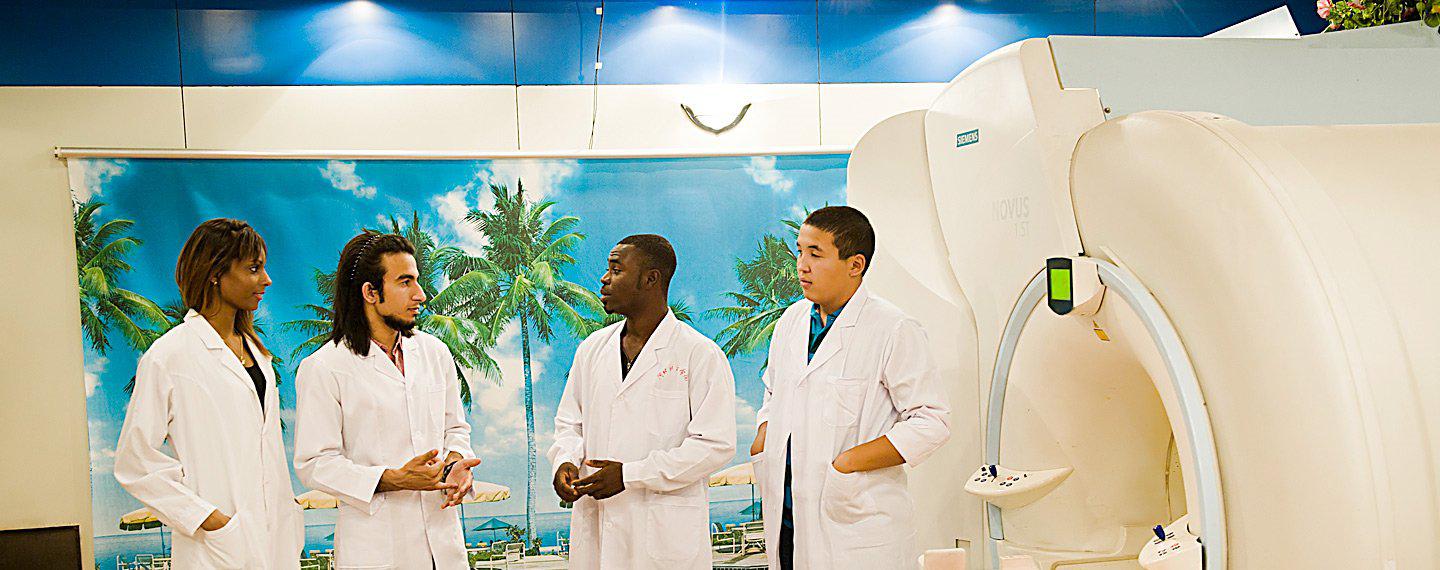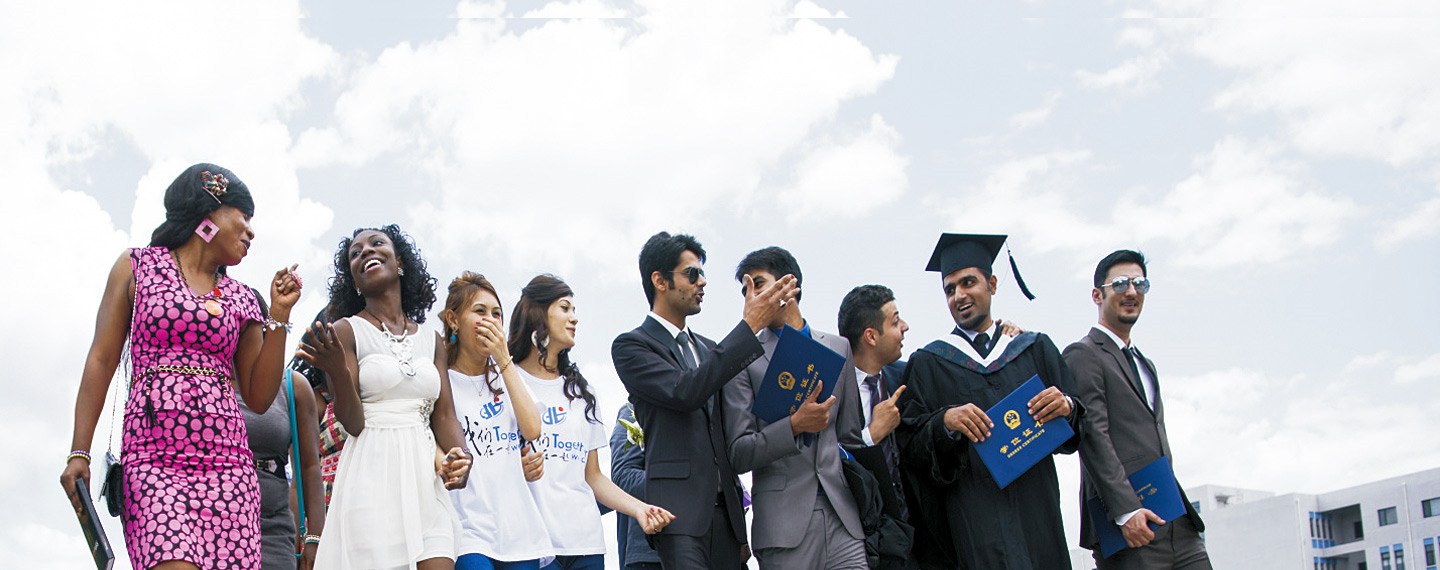 Your Position:
Your Position:
Getting Ready for School
Time:2014 08 01 Click:17842
Before you leave home
For information regarding the location and the contacts of the Chinese Embassy/ Consulate in your country.please visit the following website of the Chinese Ministry of Foreign Affairs: http:/www.fmprc. gov.cn/eng/wjdt/wjzc/
Housing Arrangements
Students are required to arrive in China no later than the day of registration (the registration date is written on admission letter). You are suggested to arrive in China during the day of registration Those who will be arriving late (no later than 2 weeks after the day of registration] must write a letter to the Division oInternational Students via email gulnaroooyahoo.com informing the staffs regarding the reasons of their late arrival.
On-campus housing at the International Student Dormitory will be available to students on the day of registration.
Finances
There are several banks near most Universities where you can set up a bank account after you have arrived inChina. If you are planning to convert foreign currencies into RMB, the banks in China accept the foreign currencies of:
Pound Sterling: Hong Kong Dollar; American Dollar; Euro; Japanese Yen; Canadian Dollar; Australian Dollar; etc.
To be on a safe side, we recommend students to carry the amount of cash that is enough to cover their monthly living expenses.
Our estimation for the average cost of living per month in China is 2,500 RMB (housing. food and transportationincluded].
Have a Health Examination
You also need to have a thorough medical check-up after you arrived at China according to the regulation of police Station, which including the blood test, x-ray examination and a series of body check.
Required Travel Documents
Do make sure that you keep at least 2 photocopies of your important documents.
Below is the checklist of important documents that you must carry with you to China:
1. Valid passport and visa
2. Enough cash for your tuition fees payment and some kinds of handling charges.
3. Passport size photos (at least 6 copies].
Packing for Your Trip
We suggest students pack only the essentials and also to pack as lightly as possible. Keep in mind that most things, ranging from stationeries and household items to computers, can be purchased onboarding. We recommend that you purchase your daily necessities (such as paper folders, mirrors...etc) in China after you have settled in, as you will then have a better idea of what you actually need.
If possible, do consider packing with you a towel and a set of sheets from home. You might need them to"settle-down with on the day you arrived in China.
We strongly suggest students bring along the things that will make them feel at home, such as posters, photos and cultural items from your country. These mementos from home may help make you feel comfortable in your home away from home at China and also in minimizing cultural shocks as well as homesickness.
Here are some recommended interactive websites that can help you with preparing your packing list:
Registration of your residence atthe local police station
In accordance with Rules For The Implementation of The Law of the People s Republic of China on Control of the Entry and Exit of Aliens, you must report and register your address within 24 hours upon your arrival to the local police station. If you live in a hotel temporarily, you do not need to do these until you find a permanent accommodation. Failing to register accommodation to the local police station will be served a warning or fined up to 500RMB per day.
Setting Up a Bank Account
Below are the banks near most universities where you can set up a bank account as soon as you arrive in China:

You can convert the foreign currencies of Pound Sterling. Hong Kong Dollar, American Dollar, Euro, JapaneseYen, Canadian Dollar and Australian Dollar into RMB in any of these banks. When you have opened a bank account in one of these banks, you can deposit foreign currencies directly into that bank account of yours. It is required that you present your passport to the bank staffs when you open a bank account /and when you exchange currencies. In addition to that, remember to apply or ask for a Union Pay Card. The Union Pay Card functions as a Debit Card, it enables you to transfer money from your saving/checking account directly to the recipient s account and it is commonly used in China.
For information regarding the location and the contacts of the Chinese Embassy/ Consulate in your country.please visit the following website of the Chinese Ministry of Foreign Affairs: http:/www.fmprc. gov.cn/eng/wjdt/wjzc/
Housing Arrangements
Students are required to arrive in China no later than the day of registration (the registration date is written on admission letter). You are suggested to arrive in China during the day of registration Those who will be arriving late (no later than 2 weeks after the day of registration] must write a letter to the Division oInternational Students via email gulnaroooyahoo.com informing the staffs regarding the reasons of their late arrival.
On-campus housing at the International Student Dormitory will be available to students on the day of registration.
Finances
There are several banks near most Universities where you can set up a bank account after you have arrived inChina. If you are planning to convert foreign currencies into RMB, the banks in China accept the foreign currencies of:
Pound Sterling: Hong Kong Dollar; American Dollar; Euro; Japanese Yen; Canadian Dollar; Australian Dollar; etc.
To be on a safe side, we recommend students to carry the amount of cash that is enough to cover their monthly living expenses.
Our estimation for the average cost of living per month in China is 2,500 RMB (housing. food and transportationincluded].
Have a Health Examination
You also need to have a thorough medical check-up after you arrived at China according to the regulation of police Station, which including the blood test, x-ray examination and a series of body check.
Required Travel Documents
Do make sure that you keep at least 2 photocopies of your important documents.
Below is the checklist of important documents that you must carry with you to China:
1. Valid passport and visa
2. Enough cash for your tuition fees payment and some kinds of handling charges.
3. Passport size photos (at least 6 copies].
- Personal bank statement
- Reference/Recommenat letters
Packing for Your Trip
We suggest students pack only the essentials and also to pack as lightly as possible. Keep in mind that most things, ranging from stationeries and household items to computers, can be purchased onboarding. We recommend that you purchase your daily necessities (such as paper folders, mirrors...etc) in China after you have settled in, as you will then have a better idea of what you actually need.
If possible, do consider packing with you a towel and a set of sheets from home. You might need them to"settle-down with on the day you arrived in China.
We strongly suggest students bring along the things that will make them feel at home, such as posters, photos and cultural items from your country. These mementos from home may help make you feel comfortable in your home away from home at China and also in minimizing cultural shocks as well as homesickness.
Here are some recommended interactive websites that can help you with preparing your packing list:
- http://www.travellerspoint
- http://upl.codeq.info/inex
Registration of your residence atthe local police station
In accordance with Rules For The Implementation of The Law of the People s Republic of China on Control of the Entry and Exit of Aliens, you must report and register your address within 24 hours upon your arrival to the local police station. If you live in a hotel temporarily, you do not need to do these until you find a permanent accommodation. Failing to register accommodation to the local police station will be served a warning or fined up to 500RMB per day.
Setting Up a Bank Account
Below are the banks near most universities where you can set up a bank account as soon as you arrive in China:

You can convert the foreign currencies of Pound Sterling. Hong Kong Dollar, American Dollar, Euro, JapaneseYen, Canadian Dollar and Australian Dollar into RMB in any of these banks. When you have opened a bank account in one of these banks, you can deposit foreign currencies directly into that bank account of yours. It is required that you present your passport to the bank staffs when you open a bank account /and when you exchange currencies. In addition to that, remember to apply or ask for a Union Pay Card. The Union Pay Card functions as a Debit Card, it enables you to transfer money from your saving/checking account directly to the recipient s account and it is commonly used in China.
RELATED BLOG
-
Visa Application For Pakistan Students
-
Professor Zhang Mingzhu Was Invited to Germany To Participate in the 2013 Europe And China Agricultu
-
Pakistani Education Counsellor to China Held a Forum for Pakistani Students
-
Hebei North University Students Participate in The New Campus Tree Planting Activities
-
Agilent HP1100 HPLC Company
-
The 11th Chinese Language Skills of Foreign Students










